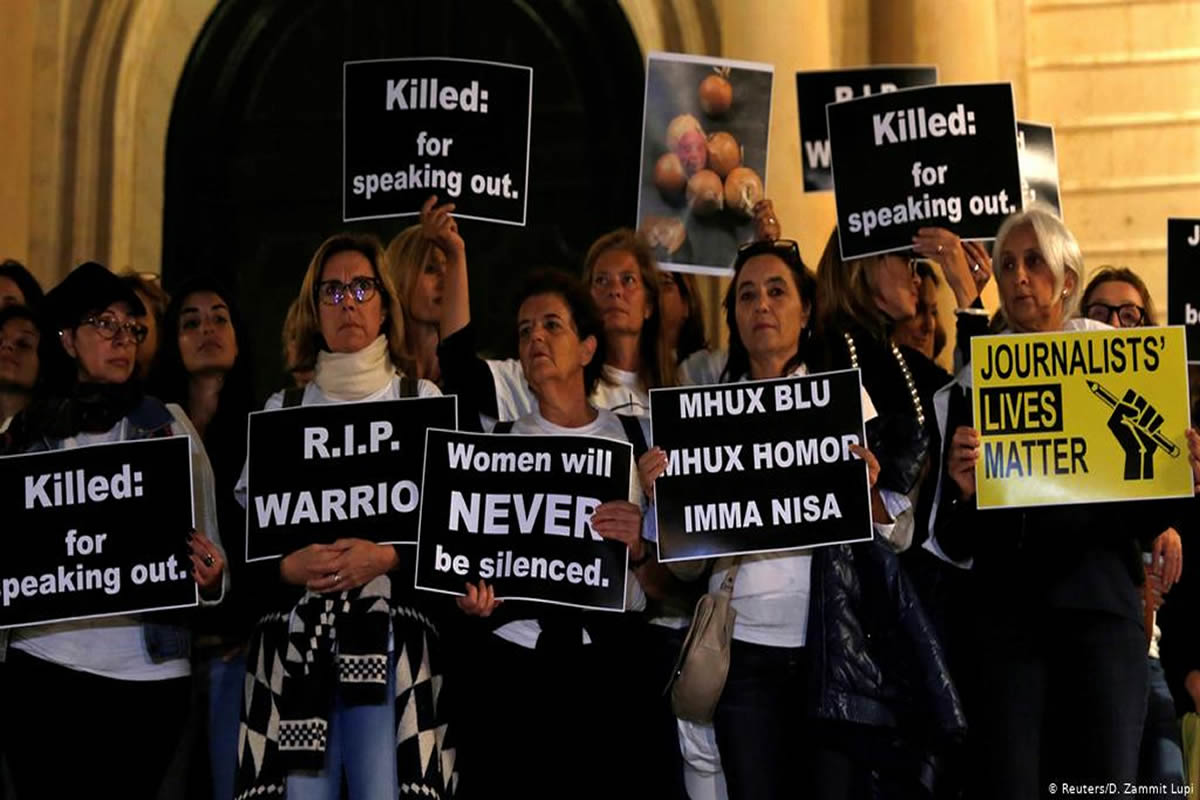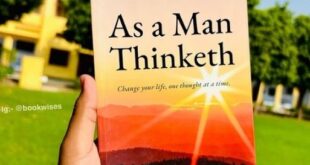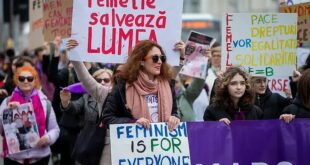Governments need to take action to protect women journalists from increasing online threats.
UNESCO has just announced the Philippine investigative journalist and media executive, Maria Ressa, as the winner of the Guillermo Cano Prize for Press Freedom, which honours champions of media freedom, particularly those who have faced danger in order to do this. Ressa risks her own personal safety every day, as she pursues the facts and holds the powerful to account. She is often the target of anonymous online attacks – in 2016 she received 90 online hate messages an hour – many of which are rooted in misogyny and racism.
But Maria Ressa is by no means alone. Women everywhere are being attacked online for daring to practice journalism while female. Back in 2014, 23 percent of the women journalists who responded to a UNESCO survey said they had been threatened, intimidated and insulted online in connection with their work. By December 2020, this number had leapt to 73 percent.
Women journalists from more than 120 countries, across all UNESCO regions of the world, have now spoken out in a new study commissioned by UNESCO and carried out by the International Center for Journalists (ICFJ), describing how they were attacked online. They work for the BBC, CNN, Al Jazeera, The Guardian, and other national and local media outlets.
The study reveals alarming trends: female journalists are threatened with physical violence, rape, kidnapping, and doxxing – the publication of their addresses on social media. Some are publicly accused of using sex to secure stories. Their inboxes and those of their newsroom colleagues are spammed with lies, disinformation and pornographic images with their faces photoshopped in. In some cases, these women’s partners and children are directly threatened, or sent the photoshopped images. Unsurprisingly, a quarter of women told the researchers they had sought psychological help; some had suffered PTSD.
Increasingly, online violence leads to offline abuse, attacks and harassment: some of the women interviewed who were trolled via email or social media, were then also verbally abused, or physically attacked. This was the case for over half of Arab women journalists surveyed. The late Maltese journalist Daphne Caruana Galizia was initially targeted with online threats that she would be burnt as a witch, before being killed with a car bomb.
I cannot emphasise enough that online abuse aimed at shutting down women journalists and deterring them from reporting on controversial stories, works. After being targeted, 30 percent of the women surveyed said they self-censored on social media and 38 percent adopted a lower public profile. Some women switched beats to report on less inflammatory stories, some quit journalism or even emigrated.
I was concerned when young female journalism students at a debate I recently participated in said that they were considering dropping out due to the horror stories they hear about the trolling of women journalists. Even at a young age, women are aware that their gender will be used against them by those who want to prevent them from investigating and publishing the truth.
Online violence is taking a wrecking ball to freedom of expression. It undermines watchdog journalism and public trust in facts. It is also turning back the clock on progress towards diversity in the media. While most women journalists are targeted, the report found that Black, Jewish, lesbian and bisexual women were disproportionately attacked. The media play a key role in reporting and representing all sides of the debate. If we lose the voices of these journalists from the media, then genuine public debate itself collapses.
The age-old problem of misogyny will not be solved overnight. But we must hold the social media companies more accountable and demand they step up to their responsibility in countering the spread of hate and disinformation online. For example, according to a Massachusetts Institute of Technology study, falsehoods spread six times faster online than real news.
In addition, social media companies must be much more transparent about how they deal with reports of abuse and requests for removal of content. Many of the journalists the researchers spoke to were forced to police their own social media feeds, and to then enter into a laborious exchange with host platforms over the deletion of each abusive comment.
The UN Plan of Action on Safety of Journalists and the Issue of Impunity gives us a framework for policy reform built around prevention, protection and prosecution of these crimes. More sophisticated mechanisms must be put in place and tools to protect women journalists must be developed, including access to legal advice and mental health support. Judges must also be trained to apply international human rights standards when dealing with these cases.
The journalists interviewed for this report were well aware that contributing means they risk facing a second wave of online abuse, yet 98 percent of them still chose to be named rather than remain anonymous. They did this because they wanted to help expose this often concealed, but spiralling global problem.
 Gistfox Your News Window To The World.
Gistfox Your News Window To The World.





